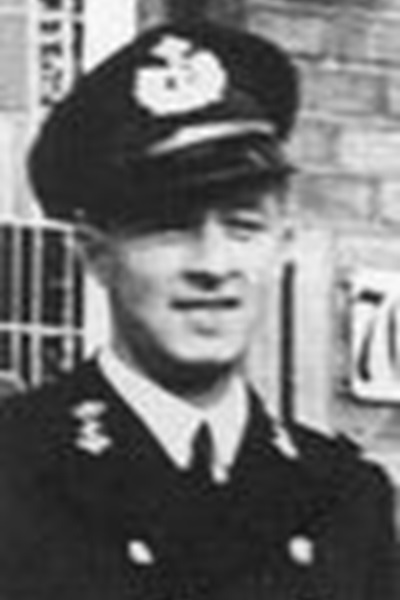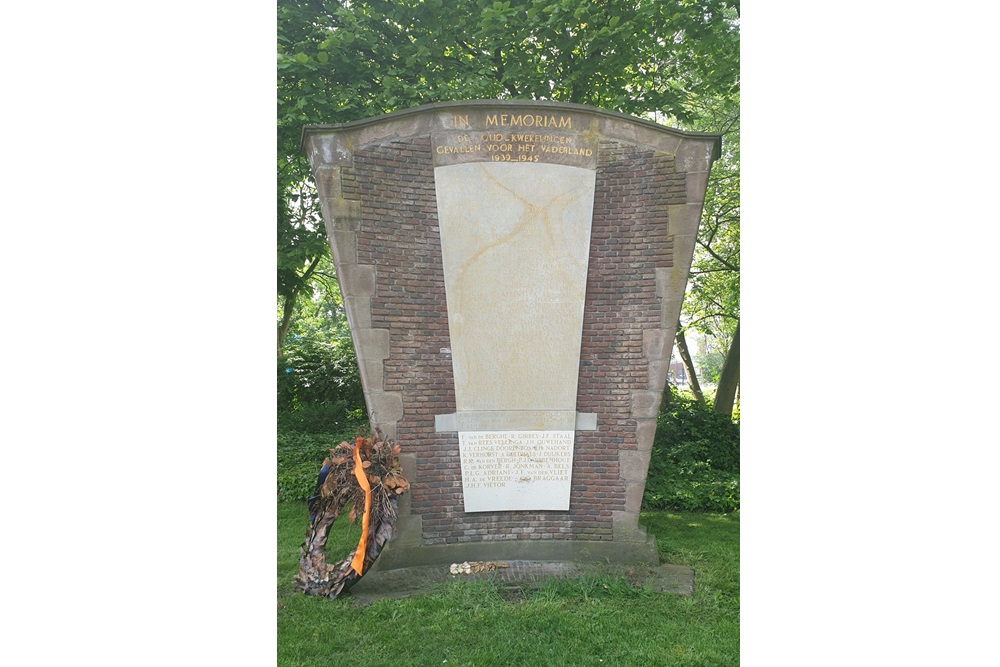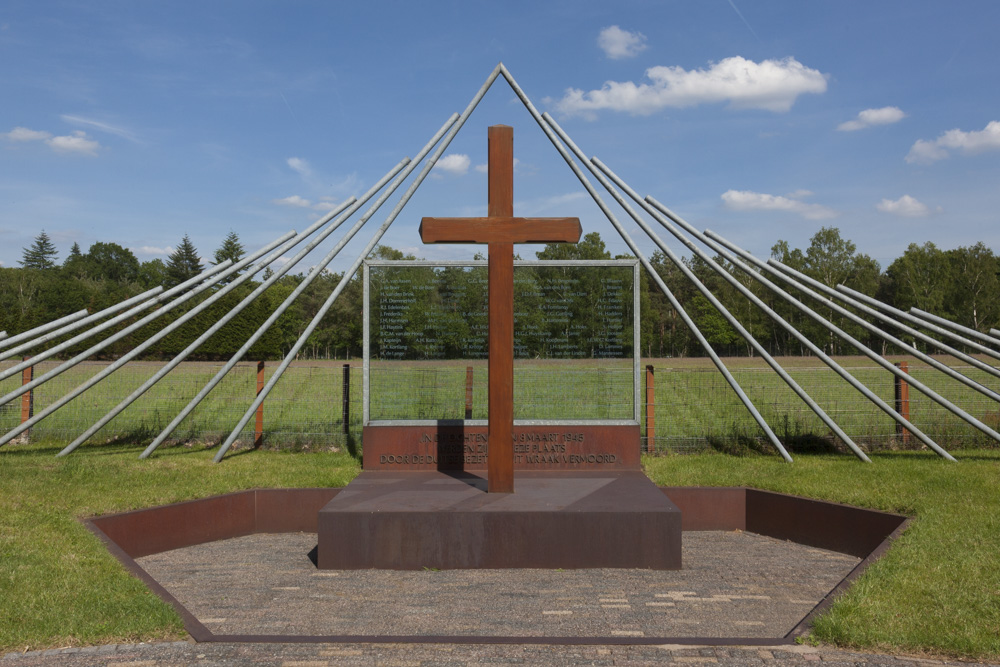Kattouw, Anton Hendrik
- Date of birth:
- February 17th, 1915 (Haren/Groningen, Netherlands)
- Date of death:
- March 8th, 1945 (Woeste Hoeve (Apeldoorn)/Gelderland, Netherlands)
- Buried on:
- Dutch War Graves Cemetery "Oud Eik en Duinen"
Grave: 5067. - Nationality:
- Dutch
Biography
Lived in Amsterdam, Sophialaan 34-III. Son of headmaster Albert Kattouw (25 August 1885 Slood, municipality of Hoogeveen - 19 May 1944 Zevenhuizen, municipality of Leek) and Hiltje Veenstra (5 February 1889 Jubbega-Schurega). Married Hubertha Voetelink on November 10, 1939 in The Hague (April 28, 1914 Nieuw-Helvoet). The couple had two children. Third mate/radio operator Steamship Company Netherlands/administrative officer CCCD (Central Crisis Control Service). In May 1940 he served as a naval lieutenant III on a submarine of the Royal Navy. Member resistance. As a member of the Packard intelligence group, he operated an illegal channel in Amsterdam. On September 7, 1944, he traveled to Hengelo (Ov.) with other employees of the station. He worked together with staff member Piet Smit (15 May 1921 Ede), the former district leader of LO-Enkhuizen. In eleven weeks, it was broadcast to at least fourteen addresses in Hengelo and the surrounding area. When it had already been decided to move the transmitter to Winterswijk, members of the SD caught Kattouw, Smit and employee Julka Helene Katharina Snijder-Bratu red-handed. Kattouw has been transferred to the House of Detention in Zwolle. From there he was transported to the execution site on March 8, 1945. In reprisal for the attack on SS Officer Hanns Albin Rauter at Woeste Hoeve, Kattouw and Smit were shot together with 115 other detainees. Kattouw was posthumously awarded the Bronze Cross by Royal Decree No. 9 dated January 2, 1950.
Do you have more information about this person? Inform us!
- Period:
- Second World War (1939-1945)
- Awarded on:
- January 23rd, 1950
When he was captured in November 1944, he behaved bravely.
He was shot in March 1945.
Royal Decree no. 9 of January 2, 1950 (posthumous)
Sources
- Photo 1: Oorlogsgravenstichting
- - Berends, Woeste Hoeve 8 maart 1945
- Groninger verzetsarchief
- Hilbrink, De Illegalen
- Overlijdensakte 1250 d.d. 21 augustus 1945 gemeente Apeldoorn
- Anton Hendrik Kattouw | Oorlogsgravenstichting






